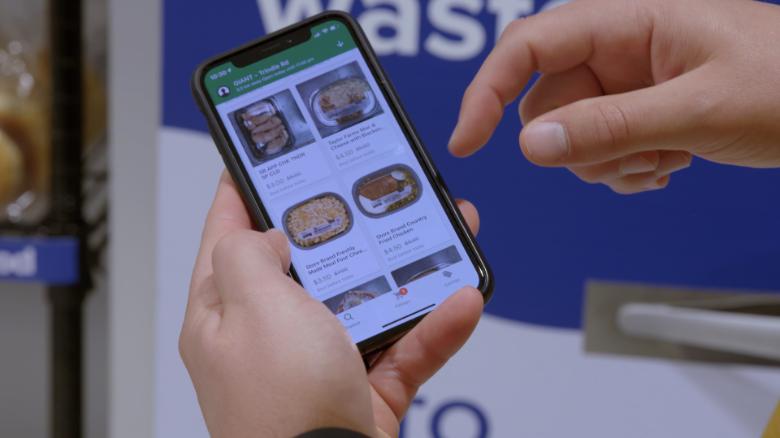
When you walk into a supermarket and pick up an item — anything from milk to cereal to a can of beans — you’ll likely see a little date on the package preceded by “enjoy by,” “sell by,” or a similar phrase.
You might think that date is the absolute last day that food is safe to eat. You’d be wrong. But you wouldn’t be alone in coming to that mistaken conclusion, because the system behind food label dates is an absolute mess.
There’s no national standard for how those dates should be determined, or how they must be described. Instead, there’s a patchwork system — a hodgepodge of state laws, best practices and general guidelines.
For food makers, sell-by dates actually are more about protecting the brand than safety concerns, explained Andy Harig, vice president of sustainability, tax and trade at FMI, a food industry association.
The sell-by date, often referred to as the expiration date, is the company’s estimate of when a food item will taste best, its optimal date. “You want people to eat and enjoy the product when it’s at its peak, because that’s going to increase their enjoyment, [and] encourage them to buy it again,” he said.
I – Have Your Say
Preceded – come before
Hodgepodge – a confused mixture
II – Have Your Say
1, What do you do with “expired” products? What would you do to avoid food waste?
2, Say, you’re in a supermarket and you see products on “sale” with big discounts, but you check to see and it is near its expiry date, would you buy those?
3, A food bank is a free service that collects and gives out food basics and essential items to people who do not have enough to eat. Is there a food bank in your area? What do you think about donating food to food banks?


